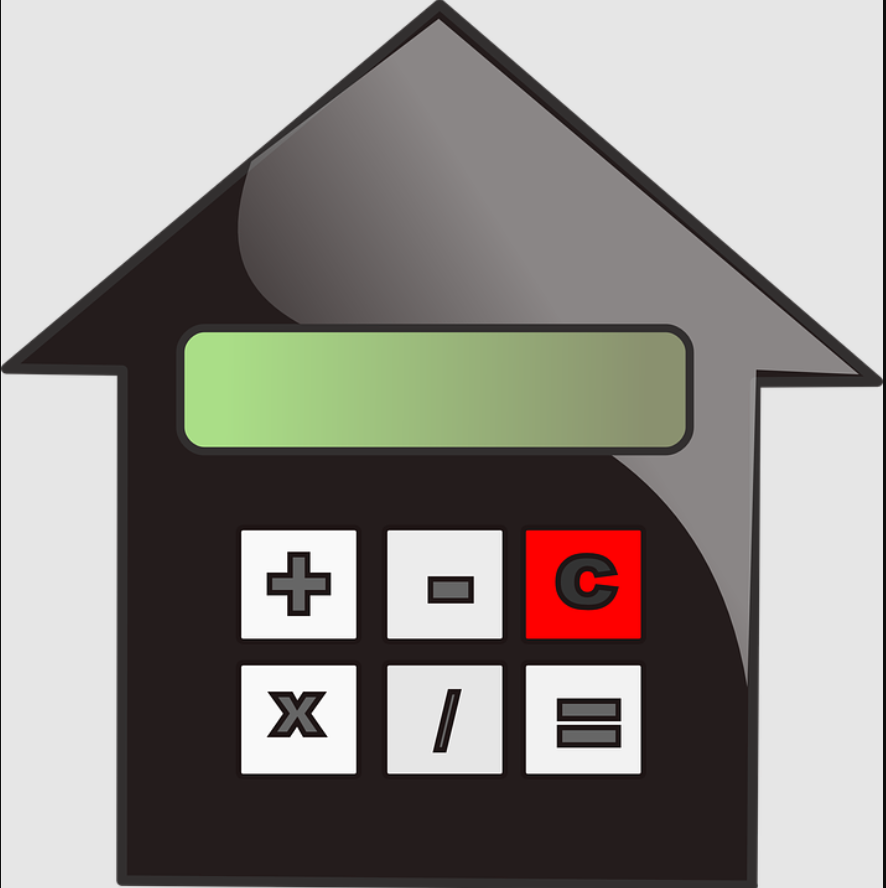
When somebody passes away, the executor is responsible for obtaining what is known as a “grant of representation”, otherwise known as “probate.” This is necessary because by obtaining this, the executor is proving that they have the legal right to deal with the deceased’s estate. To get probate, the entire estate of the deceased needs to be valued, which means working out how much they have in their bank, what their possessions are worth and also getting their property valued. This has to be done even if the Will’s beneficiaries do not intend to sell the property.
The Definition of ‘House Value’
For the purposes of probate, the house’s value is defined as what it would be worth on the open market. Essentially, on the date of transfer, whatever a reasonable buyer is likely to pay for the property will be considered the house value. If there are any peculiarities, these need to be ignored. For instance, imagine there is a buyer who is desperate to live on the street and, as such, is willing to pay well over the asking price; whilst this could happen in theory, it cannot be taken into account when valuing the property. The transfer will be considered the day the deceased died; however, if they have given the property away within the past seven years, the transfer date will instead be the day that the gift was made.
Who is Responsible for Getting the Property Valued?
When it comes to working out the value of a property, it is the responsibility of the deceased’s representatives (i.e. their executors and administrators) to see to this. They will need to ensure that the value they assign to the property is accurate for probate purposes because the value of the property (and subsequently the value of the estate) will all contribute to the inheritance tax the beneficiaries must pay. These representatives will need to get a valuation for everything else that makes up the deceased’s estate, which includes vehicles, furniture, personal belongings and financial assets.
How Can You Get a Straightforward Valuation?
If the property is standard construction and in an area where there are a lot of similar properties, then working out the value is relatively easy. HM Revenue and Customs would advise you to check the prices advertised by local estate agents for houses and flats of a similar size in the surrounding area. Good websites that you can have a look at include Rightmove and Zoopla, which can provide details about recent sale prices and, as such, point you in the right direction.
Another option is to ask different estate agents to help you value the property. If you do this, you will want to get an average figure rather than just going on one estate agent’s word. This means getting about three different estate agents to provide you with a value, adding all those values together and dividing them by three. This will give you a reliable average figure that you can use to assign value to the property.
The Problem with Some Estate Agents
It is worth noting that a lot of estate agents will give you a suggested asking price. This is not a market price, which is fair, but one that they would sell at. When you think about selling a house, negotiations are always involved, which means that estate agents list properties high, allowing themselves wiggle room to go down in negotiations. If you were to use these figures you would get an inflated probation value, meaning the beneficiaries of the Will could become liable to pay more inheritance tax than was necessary. If you are looking to avoid this, ask the agent to provide the price they would expect the property to sell at, not the price at which they would list the property.
Should You Get a Surveyor’s Valuation?
You don’t always need to get a surveyor’s valuation. However, if the property is of non-standard construction, the only one of its type, or difficult to assign a value given no houses have been sold in that area for a while, a surveyor’s valuation could be helpful. They will visit the property to consider the area, the property itself, and its potential and will then be able to provide a reasonable valuation.
If the property needs work done or has a large plot of land, you will also need to get a surveyor’s opinion. When you submit the value of the property (and the entire estate) to HMRC, they will be much more comfortable accepting the figures proposed by a professional.
Do You Need Help Obtaining Probate?
If you have been left in charge of somebody’s Will before you can begin paying off liabilities or ensuring assets are given to the correct beneficiaries, you must obtain probate. In doing this, you must have a fair value of the deceased’s estate. This means you have to know what their belongings are worth and all their other assets.
If you need assistance with any of this, you should reach out to Probates Online. Our team of experts will be able to help you assign value to the deceased’s estate, as well as obtain probate for the distribution of the estate. If you have any questions or would like any further information on what Probates Online can do for your business, then do not hesitate to get in touch.
